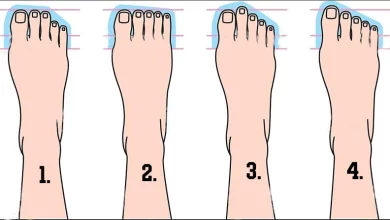9 Health Benefits of Eating Eggs for Breakfast
As we get older, we need to take better care of our eyes. Egg yolks contain large amounts of lutein and zeaxanthin, helpful antioxidants that help reduce the risk of cataracts and macular degeneration in the eyes. Eggs are also high in vitamin A, which is beneficial for eye health.
6. Some eggs are better for you
Omega-3 helps reduce triglycerides, which are a type of lipid fat in the blood. That’s why eating Omega-3 enriched eggs may be an option, particularly if you don’t enjoy other foods (fish, nuts, seeds) that are naturally rich in Omega-3. (If your triglyceride level is below 150, you’re doing well; 150-199 is borderline high; 200-499 is high; and 500 and above is considered very high.)
7. Get enough proteins and amino acids
Getting enough protein in our diets is an important way of helping our body’s health. Each egg contains about six grams of protein, as well as helpful amino acids. Getting our share of protein for the day can help with weight management, increase muscle mass, lower blood pleasure and help our bones, as well.
8. They’re not bad for the heart
Despite what was believed in previous decades, there is no direct link between egg consumption and heart disease or stroke. But some studies show that people with diabetes who eat eggs increase their chance of heart disease. People who follow a low-carbohydrate diet and eat eggs have less of a chance of developing heart disease, some studies suggest.
9. It’s a filling meal
You might have noticed that eating eggs for breakfast may keep you feeling fuller for longer — that’s generally attributed to the high protein content in eggs. Whether you have an omelette for breakfast or a hard-boiled egg as a snack, eggs can help you stay satisfied after or between meals.



